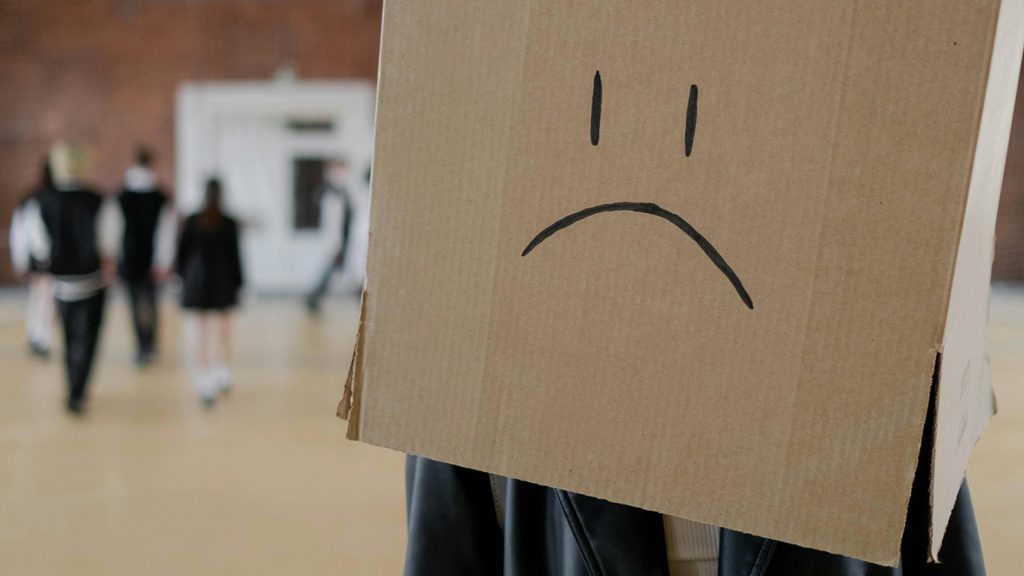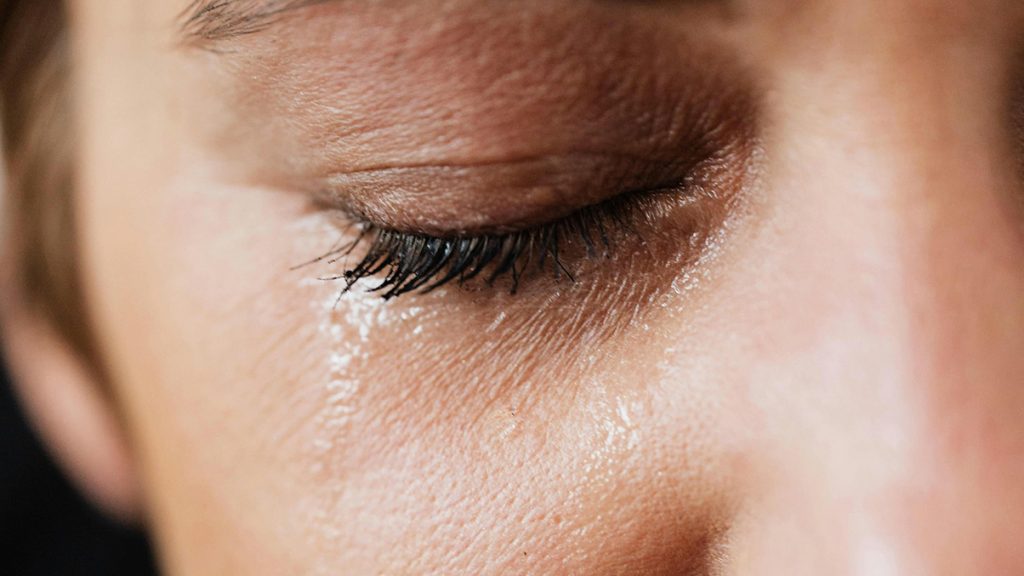Bristol University loses appeal over suicide of student on exam day. Is Cardiff University doing enough to look after its own students?

A first-year student from Cardiff University described the transition from high school to university as “overwhelming,” it was sudden workload and pressure of making social connections that made things worse.
When he tried to get support from the student mental health centre, he was told that this was normal, which made him feel more helpless than ever.
The student said, “You’re thrown into this new environment where everything counts towards your future, and it’s like you’re expected to navigate it all flawlessly.”
The University of Bristol was ordered to pay £50,000 in compensation for discriminating against Natasha Abrahart, a vulnerable student who took her own life. The 20-year-old physics student took her own life on the day of a stressful speaking exam because she suffered from chronic social anxiety.
Her parents believe that the university’s failure to deal with their daughter’s “exceptional” condition led to her death and have urged the government to hold discussions to improve support for vulnerable students in higher education.
A growing mental health crisis is sweeping across university campuses in the United Kingdom, with a significant number of students reporting heightened levels of anxiety, depression, and stress.
Recent studies have highlighted a concerning picture: nearly 70% of students feel overwhelmed by their workload, and more than half have experienced debilitating anxiety, making it difficult to cope with daily tasks.
The pressure to succeed academically, coupled with uncertainties about future job prospects and the impact of social media, has left many students feeling isolated and unsupported.

Farrah, a soon to be graduate student, has anxiety about life after graduation, especially with the pressure of employment. She said, “The uncertainty of what comes after the cap and gown is terrifying. “
“There’s this societal expectation to have your life figured out the moment you graduate,” she said. For her, the career guidance and various seminars conducted by the college from time to time have been of great help, which has greatly relieved her stress.
Rion, a student from the faculty of engineering, said that his stress has been related to studying and socialising. He spoke of how heavy workload has left him with no chance to socialise, making him increasingly anxious.
When enquired about protective measures, Rion emphasised on the importance of universities providing accessible mental health services.
He said, “There needs to be a way to get help without jumping through hoops. Mental health days, counselling services, and workshops on coping mechanisms should be readily available.”
Students should be supported to open up about their feelings:
In the UK, the youth suicide charity Papyrus can be contacted on 0800 068 4141 or email pat@papyrus-uk.org
In the UK and Ireland, contact Samaritans on freephone 116 123 or email jo@samaritans.org or jo@samaritans.ie
In the US, the National Suicide Prevention Lifeline can be contacted on 988 or text HOME to 741741 to contact a Crisis Text Line counsellor.
In Australia, the Crisis Support Services Lifeline is 13 11 14
Other international helplines can be found at befrienders.org.
